Ensuring sewage flow accurately is a constant challenge for wastewater treatment plants, often leading to inefficient operations and compliance issues.
For sewage flow measurement, electromagnetic flowmeters and ultrasonic flowmeters are most suitable due to their non-intrusive design, resistance to fouling, and ability to handle suspended solids.
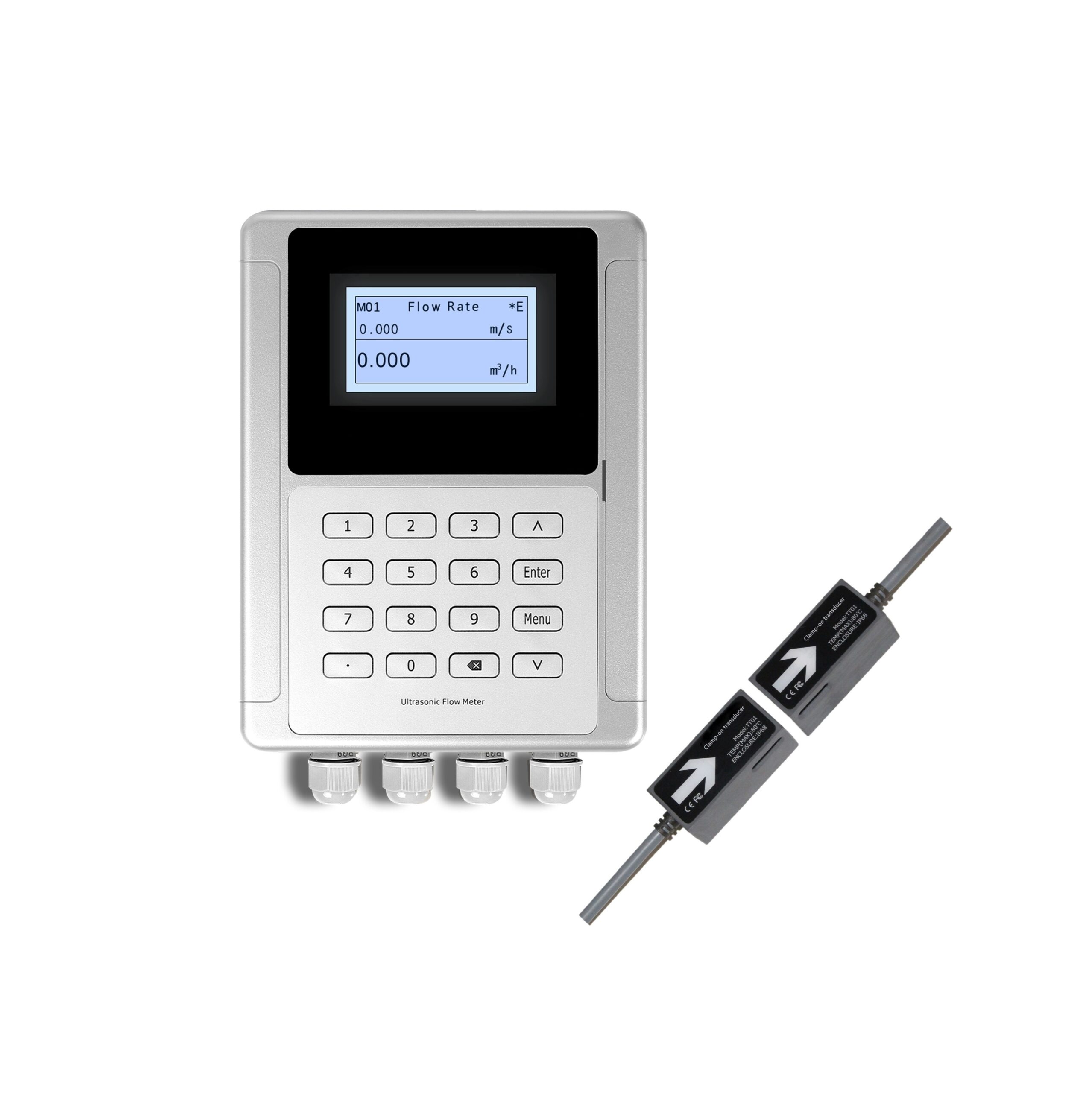
Flowmeters for Sewage Applications
Let me share insights from my experience with various sewage flow measurement solutions.
What Are The Different Types Of Flow Meters For Sewer Systems?
Plant operators often struggle to choose the right flow meter for their sewage applications, risking measurement accuracy and equipment reliability.
Common flowmeters for sewer systems include electromagnetic, ultrasonic (both transit-time and Doppler), area-velocity, and open channel flow meters.
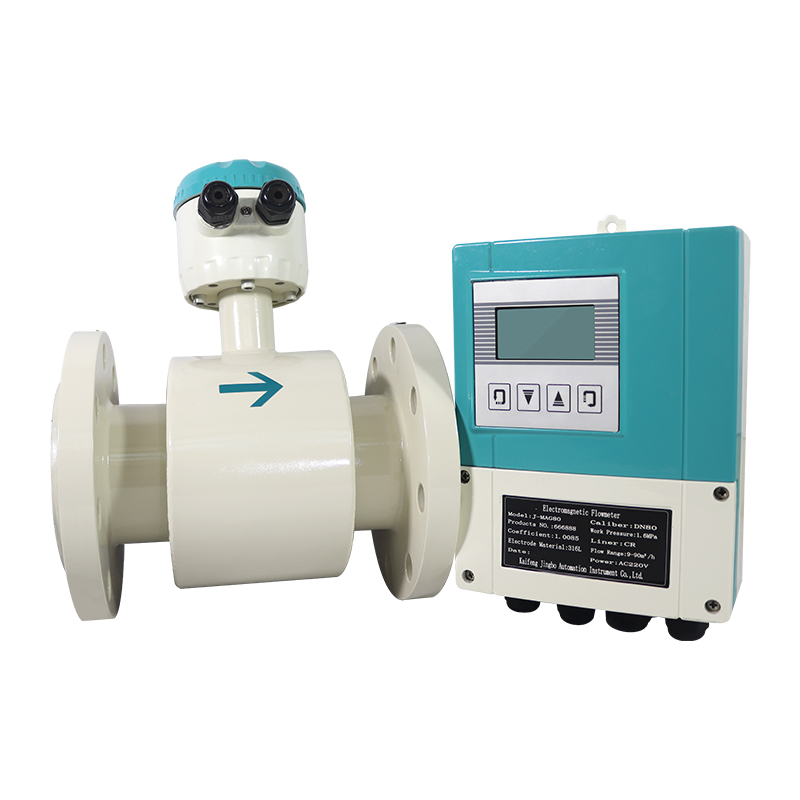
Types of Sewer System Flowmeters
Based on my field experience:
Flowmeter Comparison
-
Technology Overview
Type Operating Principle Best For Limitations Electromagnetic Magnetic induction Full pipes, conductive liquids Requires conductivity Ultrasonic Sound wave travel time Clean to moderate solids Air bubbles affect accuracy Area-velocity Combined pressure/velocity Partially filled pipes Regular maintenance needed Open channel Level measurement Gravity flow systems Weather sensitive -
Selection Criteria
- Solid content
- Pipe conditions
- Installation requirements
- Maintenance needs
Application Considerations
-
Installation Factors
- Pipe configuration
- Access points
- Environmental conditions
- Power availability
-
Operational Requirements
- Accuracy needs
- Maintenance capability
- Budget constraints
- Regulatory compliance
What Is A Flow Meter For Sewage Water?
Many facilities face challenges with accurate sewage flow measurement due to the complex nature of the medium.
Sewage flow meters are specialized instruments designed to handle liquids with high solid content, varying conductivity, and potentially corrosive properties.
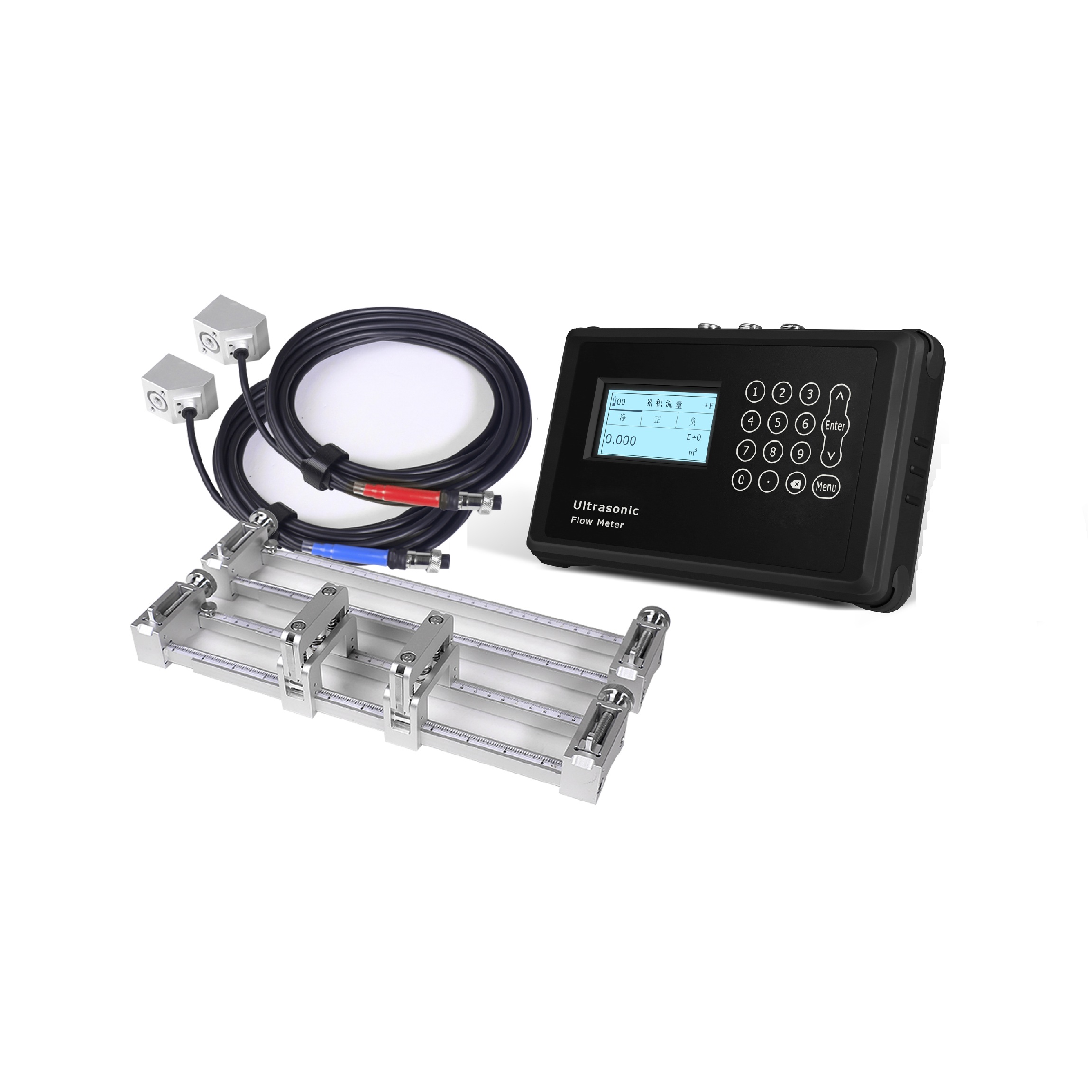
Sewage Water Flow Meter Design
From my implementation experience:
Design Features
-
Key Components
Feature Purpose Benefit Maintenance Non-clog design Prevent blockage Continuous operation Regular cleaning Corrosion resistance Chemical protection Long life Annual inspection Self-cleaning Reduce buildup Less maintenance Periodic verification Robust construction Durability Reliable operation Scheduled checks -
Material Selection
- Electrode materials
- Liner options
- Housing protection
- Sensor design
Performance Optimization
-
Installation Guidelines
- Proper positioning
- Grounding requirements
- Straight run needs
- Access consideration
-
Monitoring Requirements
- Regular calibration
- Performance checks
- Data logging
- Trend analysis
Is There A Meter For Sewage?
The challenging nature of sewage measurement often leads to questions about suitable metering solutions.
Yes, several specialized meters exist for sewage measurement, designed specifically to handle the unique challenges of wastewater flow monitoring.
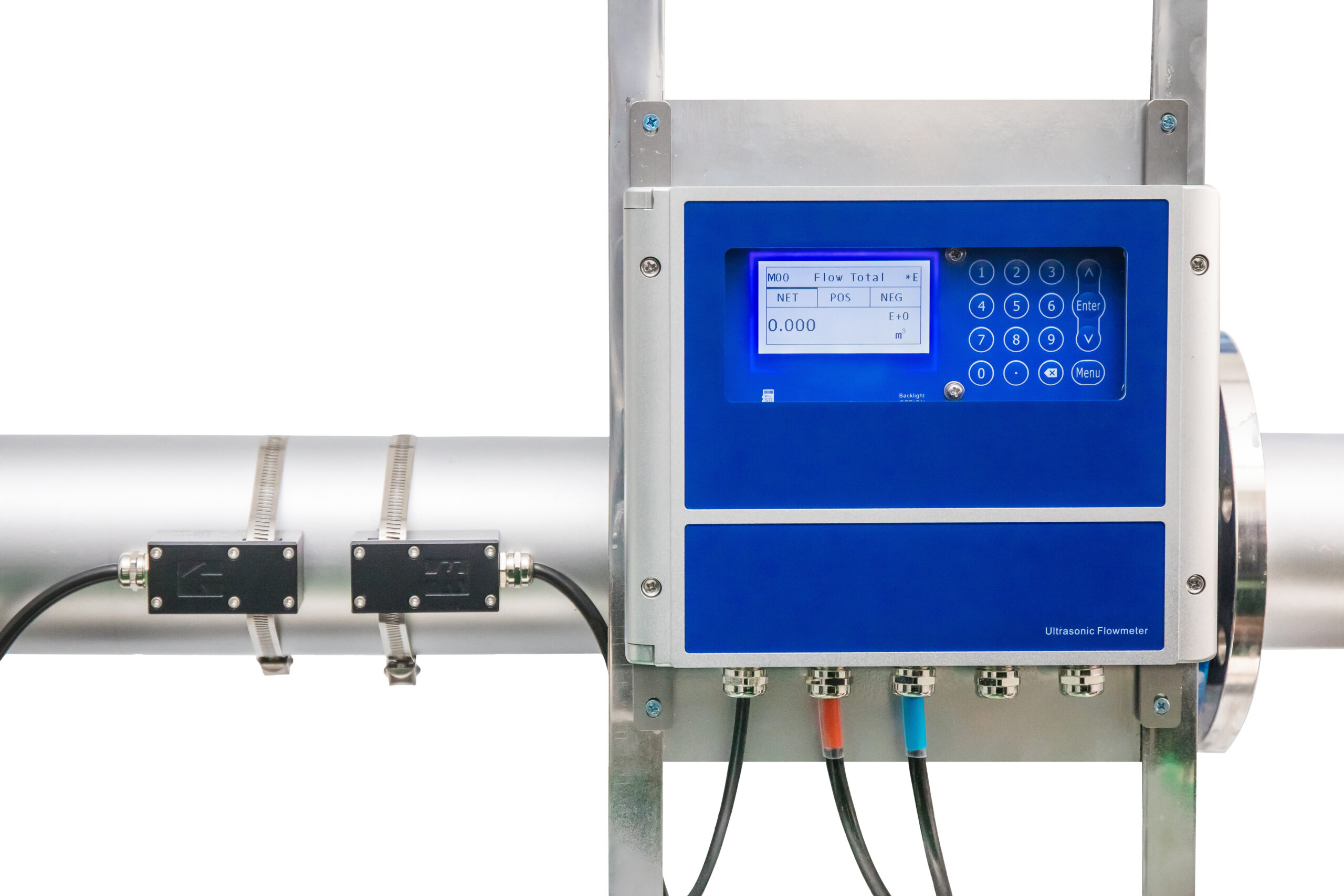 >
>
Specialized Sewage Meters
Drawing from my expertise:
Meter Characteristics
-
Essential Features
Feature Function Advantage Application Non-contact Avoid fouling Low maintenance Open channels Robust sensors Handle solids Reliability Full pipes Smart diagnostics Early warning Prevention All systems Data logging Record keeping Compliance Monitoring -
Technology Options
- Electromagnetic systems
- Ultrasonic devices
- Hybrid solutions
- Smart systems
Implementation Strategy
-
Selection Process
- Application review
- Site assessment
- Technology matching
- Cost analysis
-
Operation Planning
- Installation procedures
- Maintenance schedules
- Staff training
- Performance monitoring
What Is The Best Flowmeter For Sludge?
Measuring sludge flow presents unique challenges due to its high solid content and variable consistency.
The best flowmeter for sludge is typically an electromagnetic flowmeter with specialized features for handling high-solid content and abrasive materials.
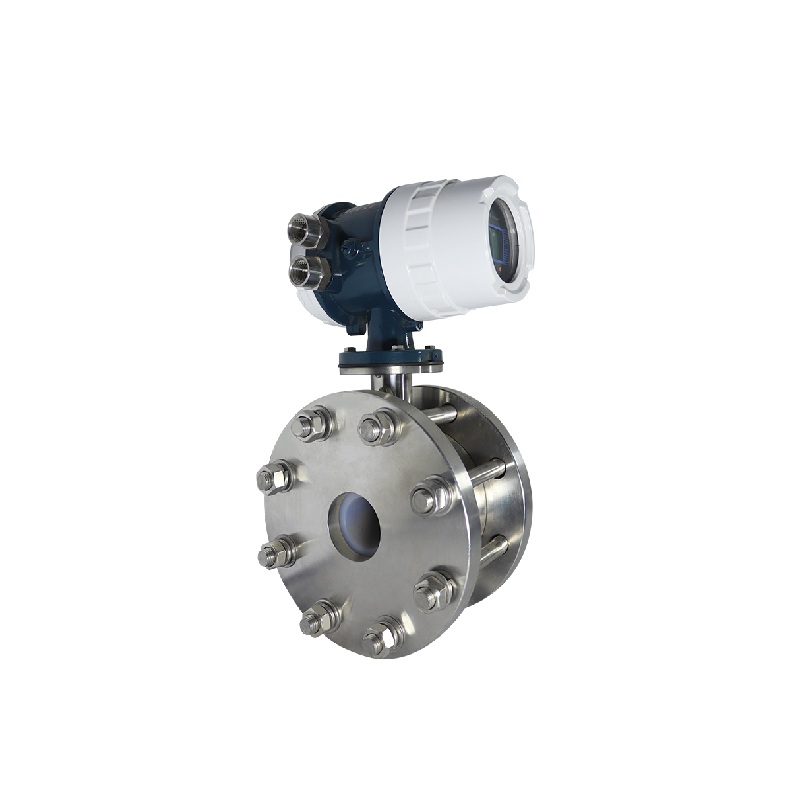
Sludge Flow Measurement Solutions
Based on my experience with sludge applications:
Selection Criteria
-
Key Considerations
Factor Requirement Solution Benefit Solid content Handle high solids Special liners Longer life Abrasion Wear resistance Hard materials Durability Buildup Self-cleaning Special design Less maintenance Accuracy Stable reading Signal processing Better control -
Performance Factors
- Flow patterns
- Pressure requirements
- Temperature limits
- Chemical compatibility
Operational Requirements
-
Maintenance Needs
- Regular inspection
- Cleaning procedures
- Calibration checks
- Component replacement
-
Performance Monitoring
- Accuracy verification
- Trend analysis
- Preventive maintenance
- Documentation
Conclusion
Selecting the right flowmeter for sewage applications requires careful consideration of the medium characteristics, installation conditions, and maintenance capabilities, with electromagnetic and ultrasonic meters typically offering the best solutions.
